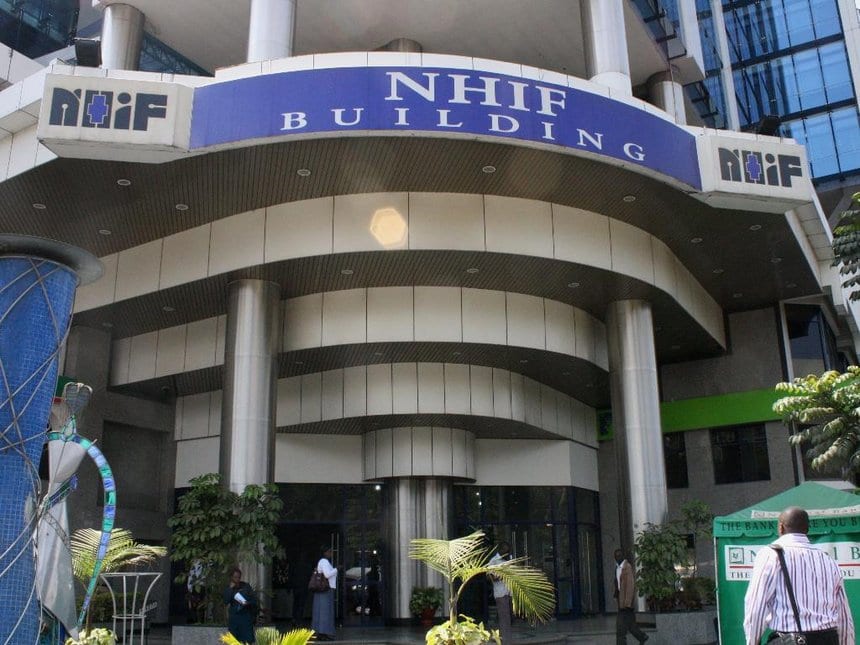×
The Standard e-Paper
Join Thousands Daily

The move by the National Hospital Insurance Fund (NHIF) to implement new regulations on contributions, heavily punishing patients who had fallen back on their monthly contributions has triggered an uproar.